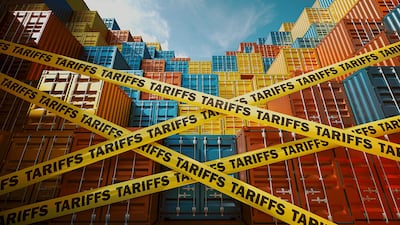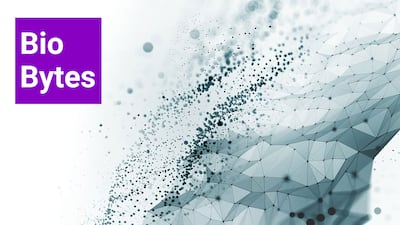Device and healthtech innovation is prone to getting ahead of regulation. The arrival of artificial intelligence as a medical device (AIaMD) is testing processing capacities to the limit, which is where pre-determined change control plans (PCCP) can serve a useful purpose.
AI/machine learning technological advances will continue to challenge regulatory systems around the world, Ropes & Gray’s Lincoln Tsang believes.




